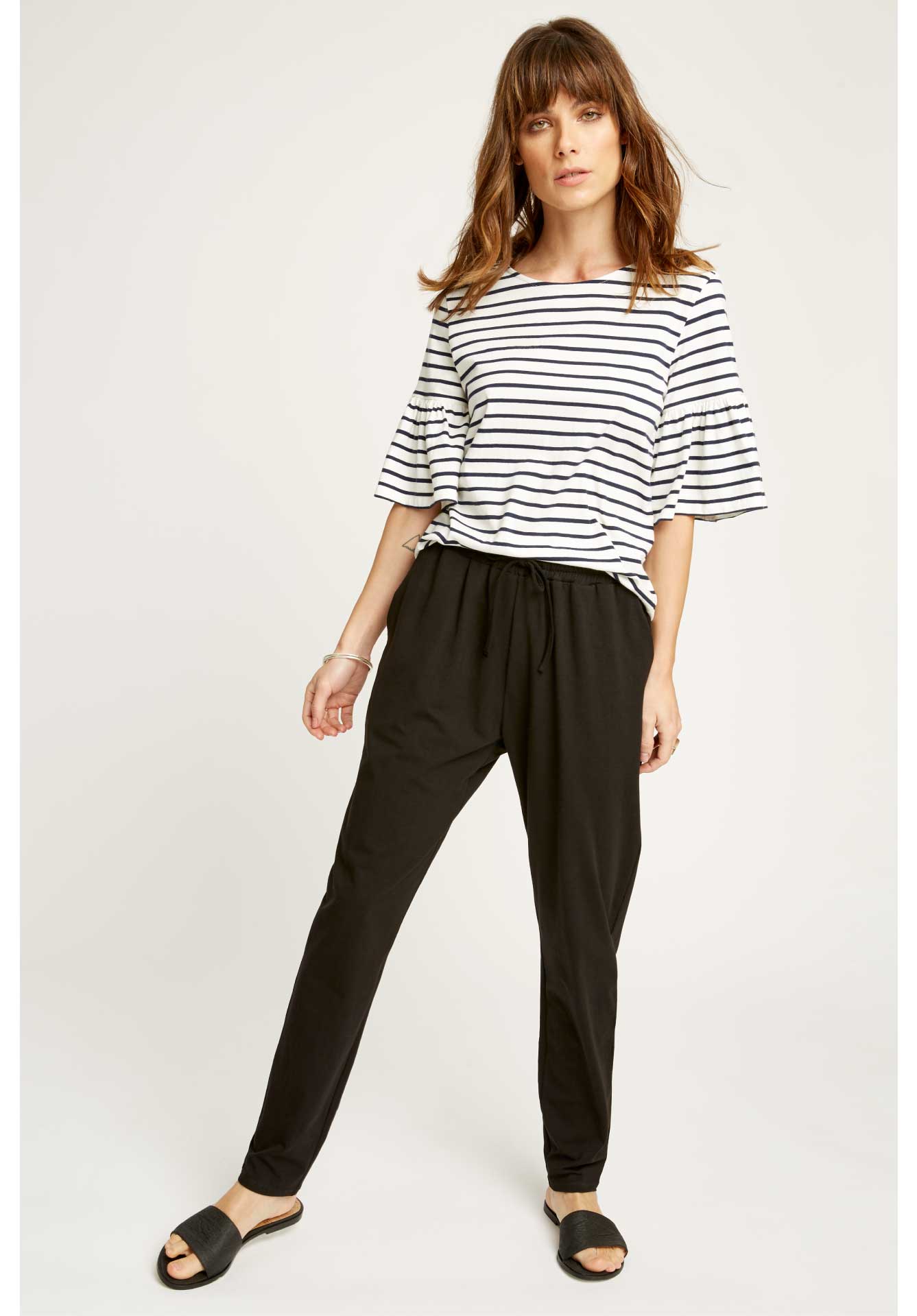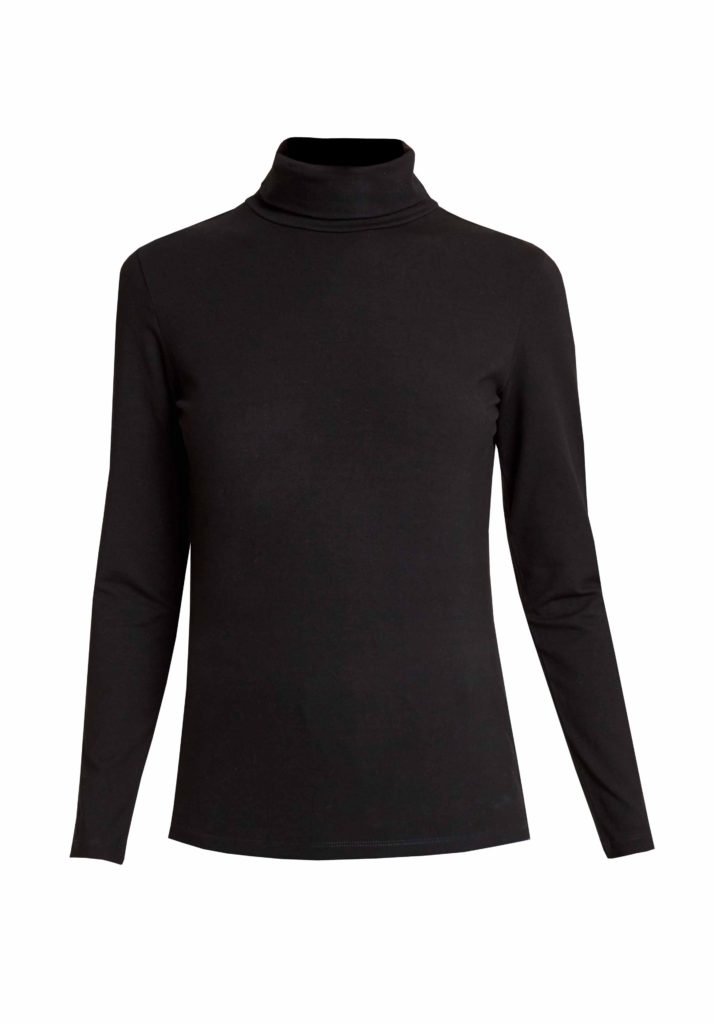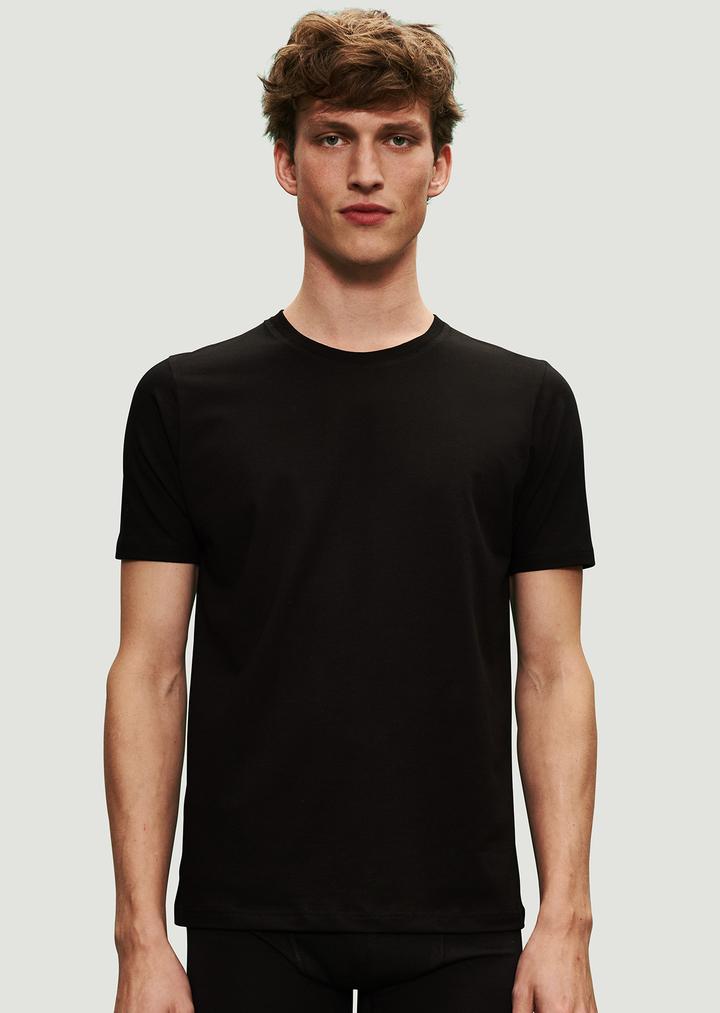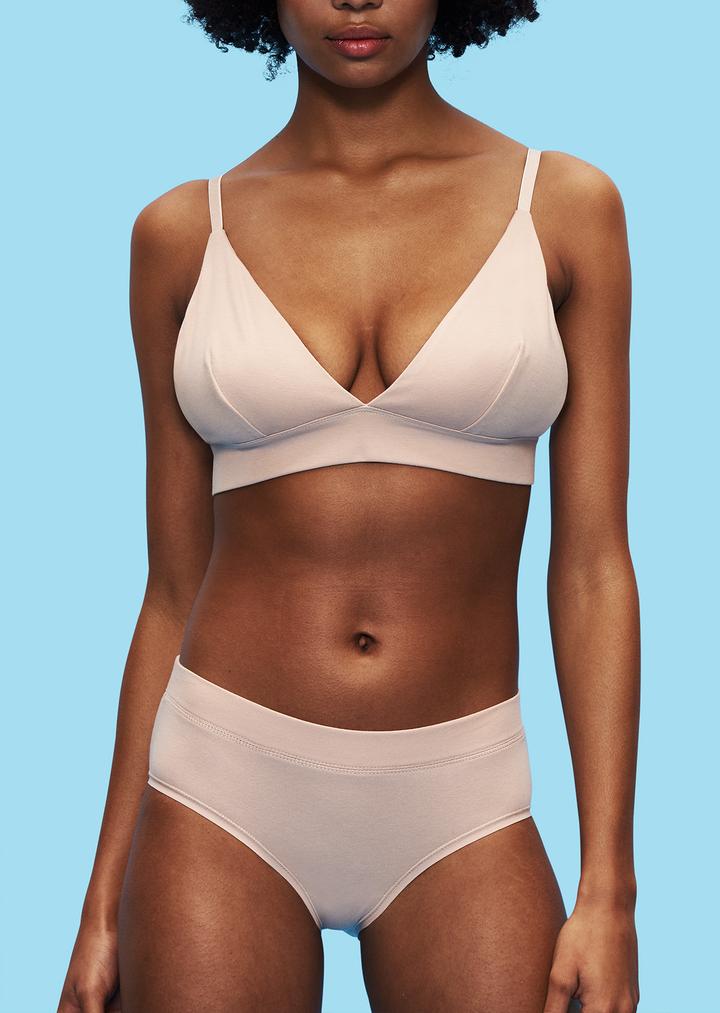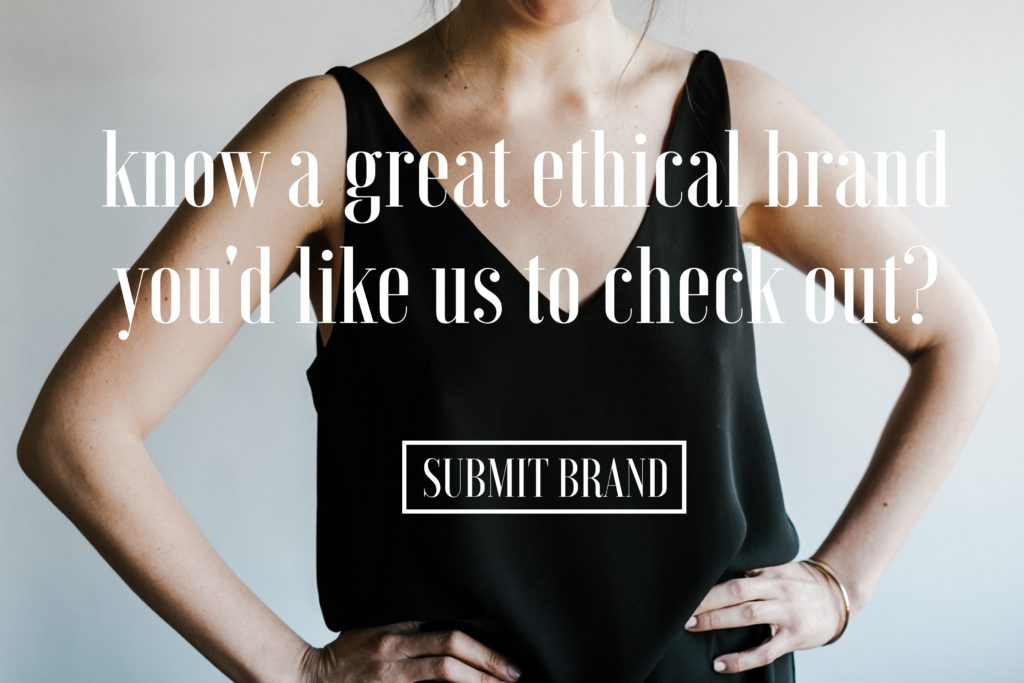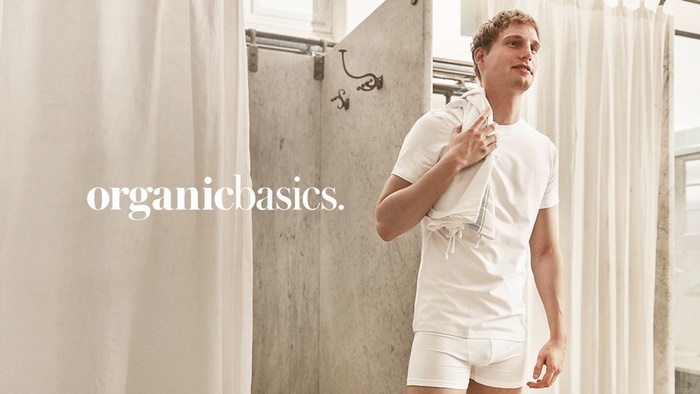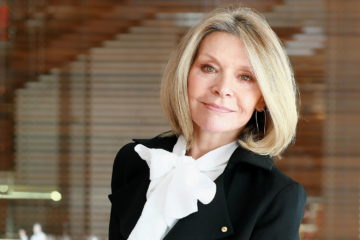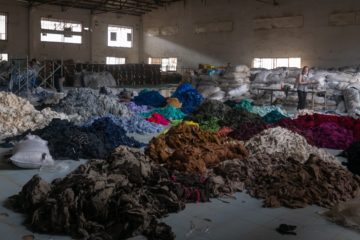One of the first things we look at when analysing the ethics and sustainability of clothing, is the fabric the garment is made from.
In the media there is an overwhelming number of statistics supporting both natural and organic fibres – due to the nature of statistics however, they can support both sides of an issue leaving the majority of us scratching our heads and with no clear answer.
The first time I deeply considered the impact and need for organic farming of cotton was after watching the film True Cost. This ground-breaking documentary (available now on Netflix or via digital download) features interviews with the film’s Executive Producers, Creative Director of Eco-Age, Livia Firth and Author & Ethical Fashion Activist Lucy Siegle; and also #FashRev Founder, Orsola de Castro.
True Cost reveals the horrendous conditions that see ‘traditional’ cotton farmers tricked into bondage by land-owners and companies who monopolise the seed supply, forcing entire families into debts that are impossible to repay. This creates a never-ending cycle of debt, bondage and ultimately condemns future generations who are then born into slavery. International Justice Mission (IJM) shared the story of an amazing rescue earlier this year in India, which saved 3 generations of family from 30 years of bondage, which all started with a small $1,000 rupee loan (less than $20 Australian dollars).
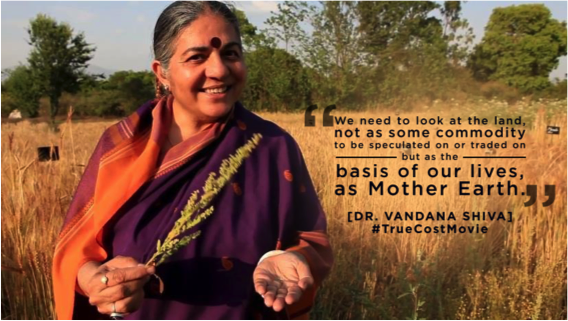
The human rights issue extends further as we learn of pesticide and fertiliser toxicity experienced by the marginalised farmers, illnesses, birth-defects, and a rapidly escalating cycle of mental and physical disabilities. The use of pesticides which not only destroy the local community’s health, but also have run-off and over-spray affects farther-reaching and finally leave the farmed land barren meaning no possibility of growing crops for food or regenerating the land without expensive fertilisers and GMO seeds.
In 2017, the Ellen MacArthur Foundation conducted the most progressive study of the textile industry to-date, calling for a complete overhaul of the way we look at garments in the current supply, the entire manufacturing impact and the current and future use of resources.
Launched as the Circular Fibres Initiative, and now in its second phase, the EMF calls for governments and businesses to Make Fashion Circular, creating a “new textiles economy” which aims to; 1. Design out waste and pollution, 2. Keep products and materials in use & 3. Regenerate natural systems.
“To thrive, and not just survive, the fashion industry needs to radically redesign its operating model. By transitioning to a circular system, where we keep safe materials in use, the industry can unlock an enormous economic opportunity.” Make Fashion Circular – Ellen MacArthur Foundation
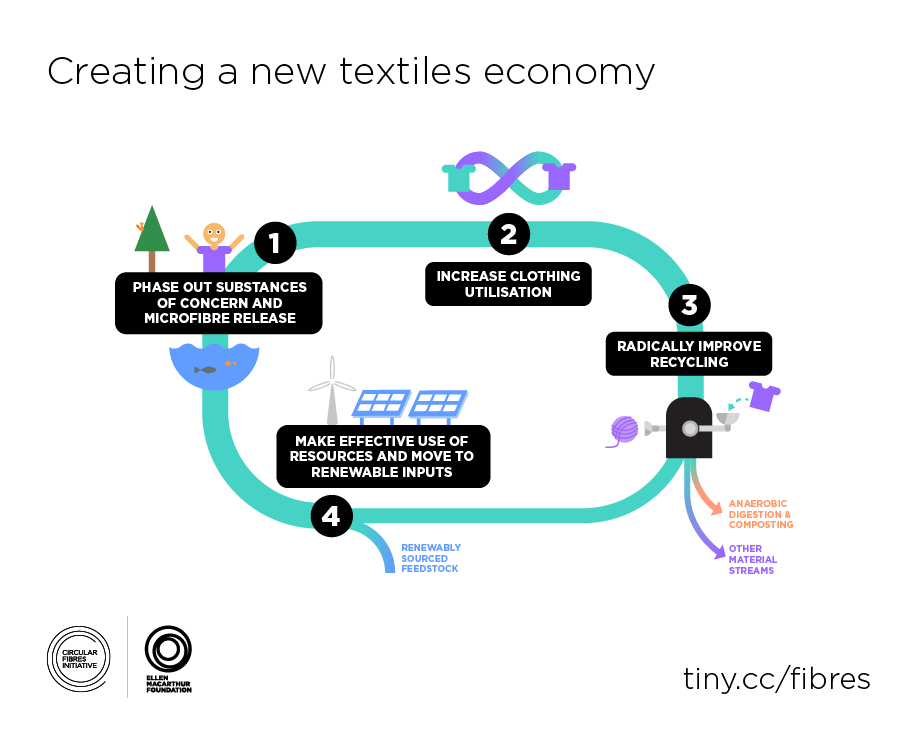
Is Organic Cotton Important to Ethical Fashion Consumers?
After absorbing the details above, it brings into question why some of the leading ‘first-tier’ ethical brands in Australia and around the world, still use fabrics that perpetuate this human-rights violating economy.
To-date, ethical consumers and outlets have been primarily concerned with ethical standards in the final stages of manufacture. This production is seen to be the easiest to control by fashion businesses, and therefore they can be held most accountable for unethical practices in this stage. However, as ethical and sustainable fibres grow in importance to their customers, we believe more businesses will transition to organic fabrics as part of their regular practice; no longer able to cite the cost as prohibitive when there are many successful brands already using Organic Fibres as part of their ethos and customer guarantee (keep reading to see a few of these great brands below!)
Does Organic equal Fair? It’s true that any stage of production which does not have oversight can be open to exploitation which is why we, and the ethical fashion community are asking for increasingly greater transparency over brands’ supply chains.
Certifications like the Global Organic Textile Standard (commonly referred to as ‘GOTS’ cotton or fibre) allow consumers to have a greater understanding that the fabric they are buying was not only produced using 95% organic materials but also met specific and high standards for limiting chemical processing, and providing fair working conditions and wages.
We think you’ll agree that considering the options, choosing to buy organic fibres is an important decision.
If you’re not sure where to start, we’d love to help by introducing you to a few of our following favorite brands, all featuring organic ranges!
*Note: Some referrals may be affiliate links
1. People Tree (UK)
Organic Cotton is one of People Tree’s main fabrics and was 83% of their 2017 fabric order. A long-standing leader in the use of fair-trade and organic materials, we love their versatile range..
2. First Base
First Base have been working hard to move over to 100% Certified Organic Cotton. Be sure to check out their Organic Cotton Collection here..
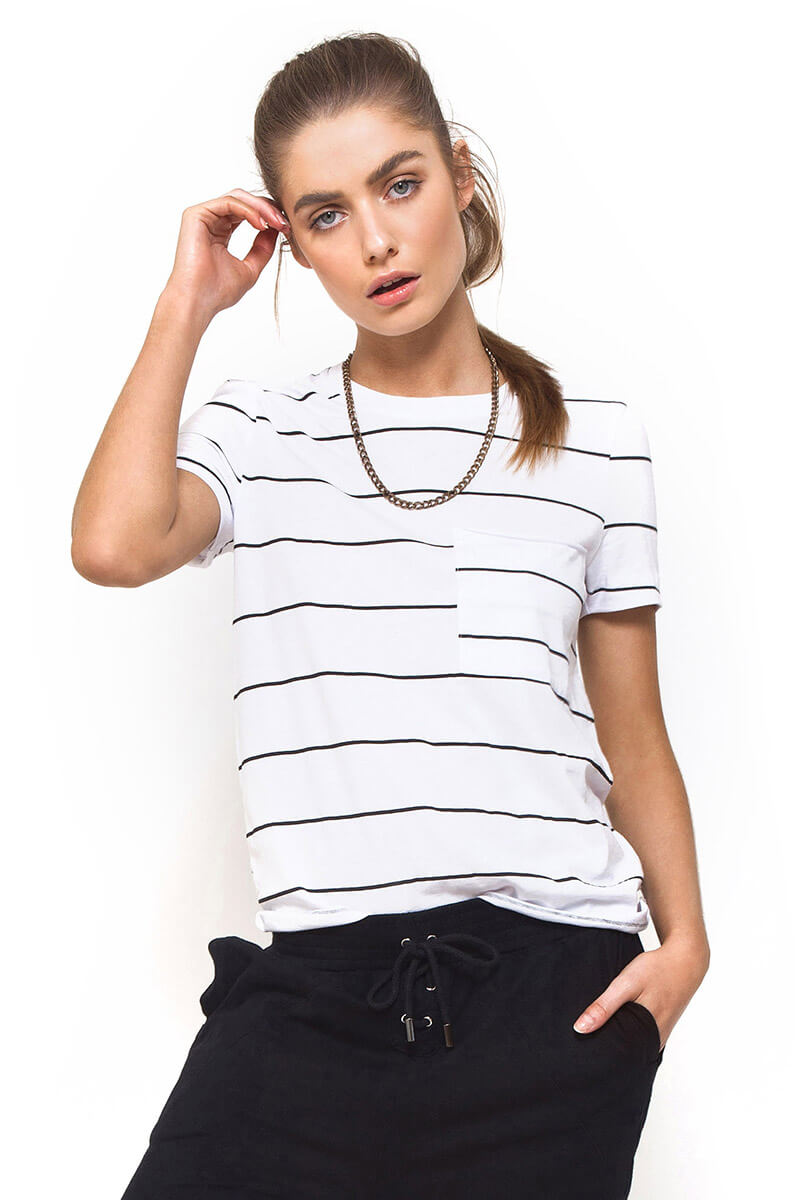
FirstBase – Organic Cotton Slouch Crew

FirstBase – Organic Cotton Slouch Crew
3. Organic Basics (Men’s & Women’s)
“Fabric choice is a big choice to make. It’s not only important for us, but it’s important that we all understand the importance of our choices, too.”
4. Fabrik Store
Fabrik favour organic hemp/cotton blends for long-wearing, easy to clean fabric.
Updated 15/10/18 – Fabrik Store have confirmed they pay their balinese manufacturers a living wage! Thank you for your correspondence and ensuring ethical pay for your valued workers. For more information please see their public statement.
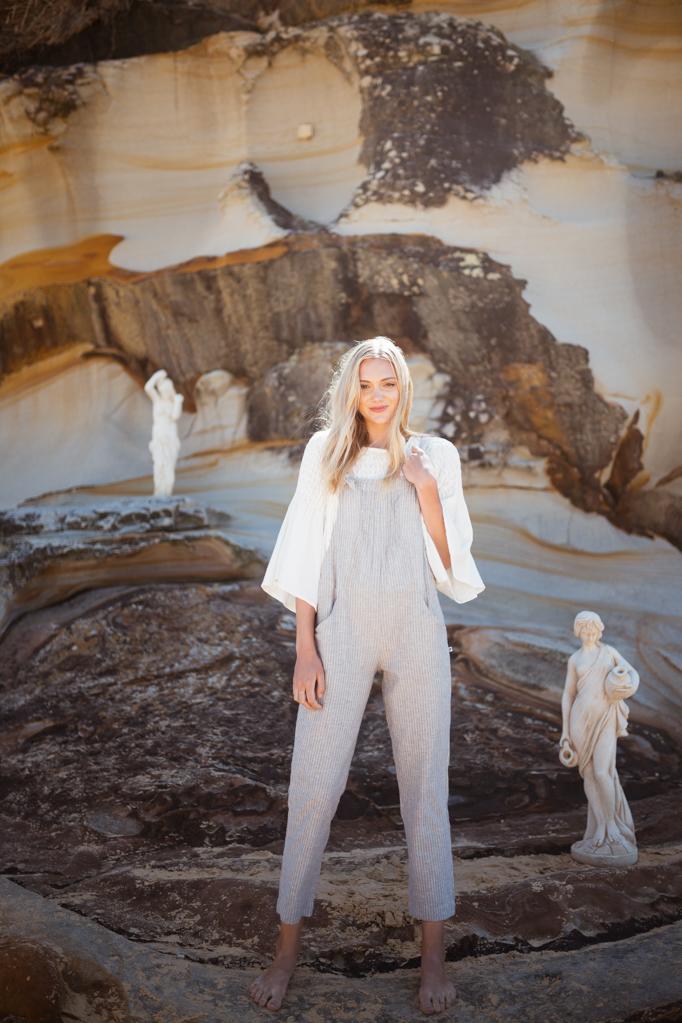
Fabrik Store – Jumpsuit
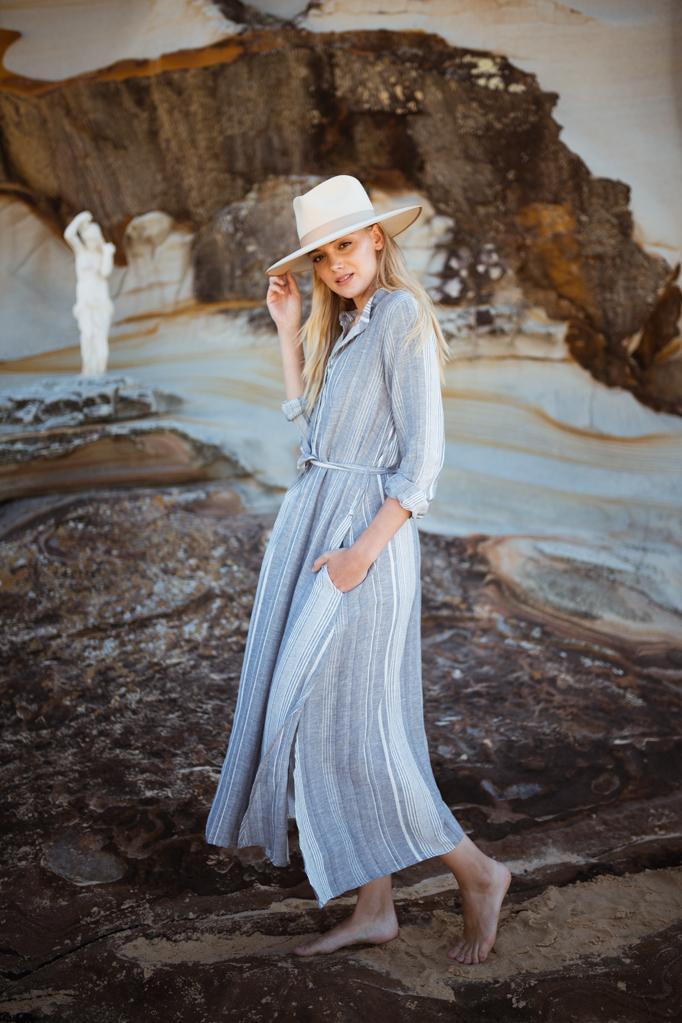
Fabrik Store – Shirt Dress
Want more? Find hundreds of ethical brands every day on our Ethical Brand Directory!
You can also check out some of our other recent articles
Welcome to the Ethical Fashion Review™ community. To submit an article and share your vision for a sustainable and ethical fashion future, please Contact Us.
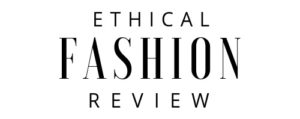
Sometimes the information we provide includes links to products or suppliers we support. If you choose to support them too, we may receive an affiliate or referral commission (at no cost to you). This allows us to keep writing helpful content for the ethical fashion community! : )
